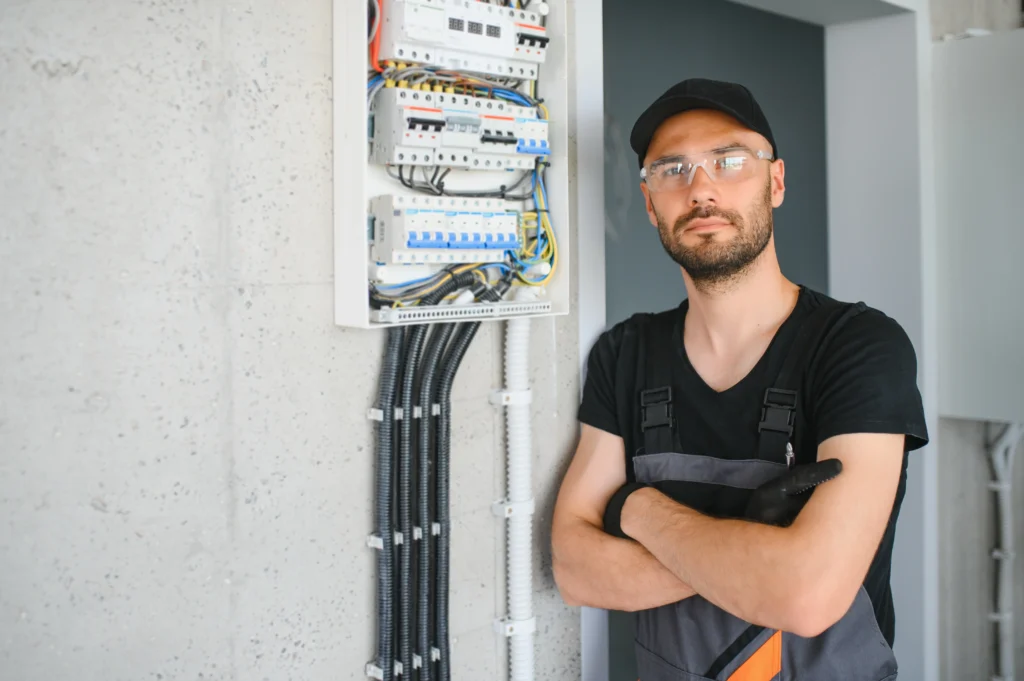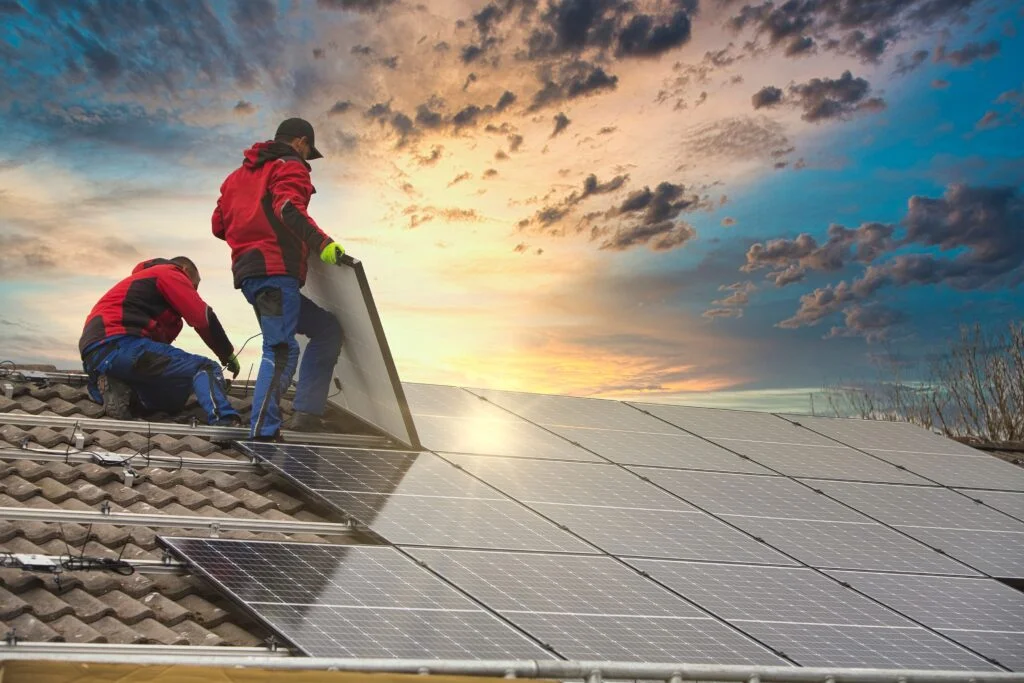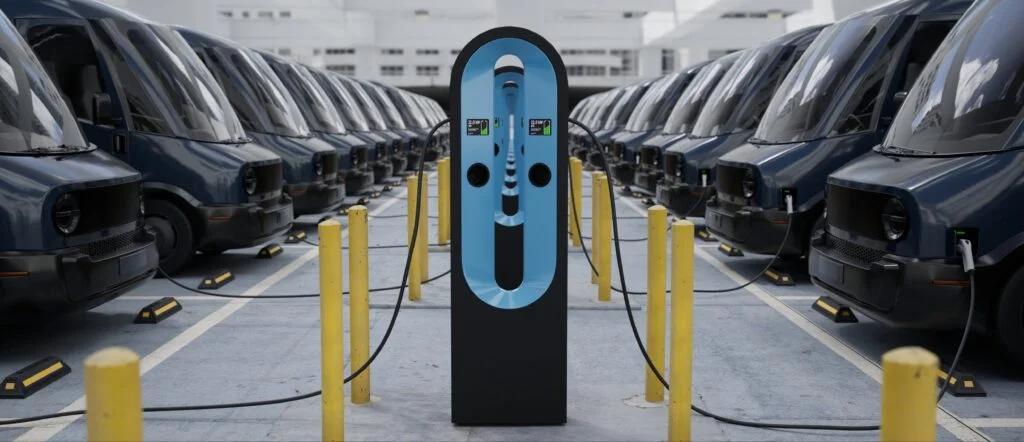- Projects
Evaluating the Business Case for Virtual Power Plants
Evaluating the Economic Feasibility of a Virtual Power Plant
An Australian retailer sought to evaluate the economic feasibility of a Virtual Power Plant (VPP) by orchestrating consumer energy resources (CER). With increasing adoption of rooftop solar, electric vehicles (EVs), batteries, and smart appliances, the retailer needed a clear understanding of which CER technologies offered the best cost-benefit potential. The analysis aimed to determine which VPP configurations would be worth exploring further as a business strategy, and how competitors might leverage the same technologies.
The Rise of Decentralized Energy in Australia
Australia is witnessing a rapid transition toward decentralized energy, with one in three households equipped with rooftop solar as of 2024. The emergence of VPPs allows energy retailers to aggregate and control consumer-owned resources, optimizing energy supply, reducing grid demand, and participating in wholesale and ancillary service markets.
Scope of the Cost-Benefit Analysis
Energeia was commissioned to conduct an independent cost-benefit analysis (CBA) of potential VPP implementation scenarios for the retailer. The study focused on evaluating the net benefits of orchestrating different CER technologies, including heat pump water heaters, EV charging (with and without vehicle-to-grid capabilities) and behind-the-meter (BTM) batteries. Additionally, Energeia modelled how competitors might deploy VPPs to extract value from wholesale energy arbitrage and frequency control ancillary services (FCAS). The financial viability of front-of-meter community batteries connected to the distribution network was also assessed.
Methodology: Assessing Potential VPP Configurations
The methodology involved detailed modelling of energy flows, cost structures, and market interactions to determine the potential benefits and risks associated with different VPP configurations. Energeia’s approach provided a holistic view of how VPPs could impact the retailer’s operations and market competitiveness.
Key Findings: Prioritizing EV Charging and Strategic Investment
Energeia’s analysis revealed that EV charging orchestration presents the most compelling opportunity for the retailer, offering potential net benefits per device. However, the high initial costs of implementation make it a major project requiring strategic investment. Behind-the-meter batteries, while highly flexible, were already found to be operating in a self-optimization mode (solar soaking), which limited the additional value they could provide in a VPP structure. Vehicle-to-grid (V2G) technology demonstrated high-value potential for competitors leveraging wholesale and FCAS markets. However, its expected near-term adoption rate was projected to be too low for large-scale implementation.
Strategic Roadmap for VPP Investment
Energeia’s findings provided the retailer with a clear roadmap for VPP investment, emphasizing the prioritization of EV charging while reconsidering less profitable technologies. The insights gained from this study will help refine the retailer’s market strategy, optimize consumer engagement, and explore regulatory adjustments that could enhance profitability. The findings also informed the retailer’s approach to competitor analysis, allowing for proactive strategic positioning in the evolving VPP landscape.
Energeia’s deep expertise in energy market analysis and advanced modelling has positioned the retailer to make data-driven decisions regarding VPP investment. By identifying the most viable technologies and market opportunities, Energeia is helping shape the future of distributed energy.
For more detailed information on how Energeia can support your VPP implementation, please see Energeia’s webinar and associated materials.
For more information on how Energeia can support your VPP Strategy, please request a meeting with someone from our team.
You may also like

Bridging the Skills Gap: Workforces for Electrification
Australia’s clean energy transition demands a skilled workforce. Energeia’s analysis reveals urgent needs, strategic solutions, and policy pathways to bridge the electrification skills gap and

Unlocking the Potential of Consumer Energy Resources
The AEMC partnered with Energeia to explore how flexible Consumer Energy Resources (CER), like solar, batteries, electric vehicles, and smart appliances, can reduce costs and

Optimizing DC Fast Charging Tariff Structures
Energy Queensland collaborated with Energeia to address financial barriers in EV charging infrastructure, focusing on high network tariffs and demand charges. The study evaluated alternative
